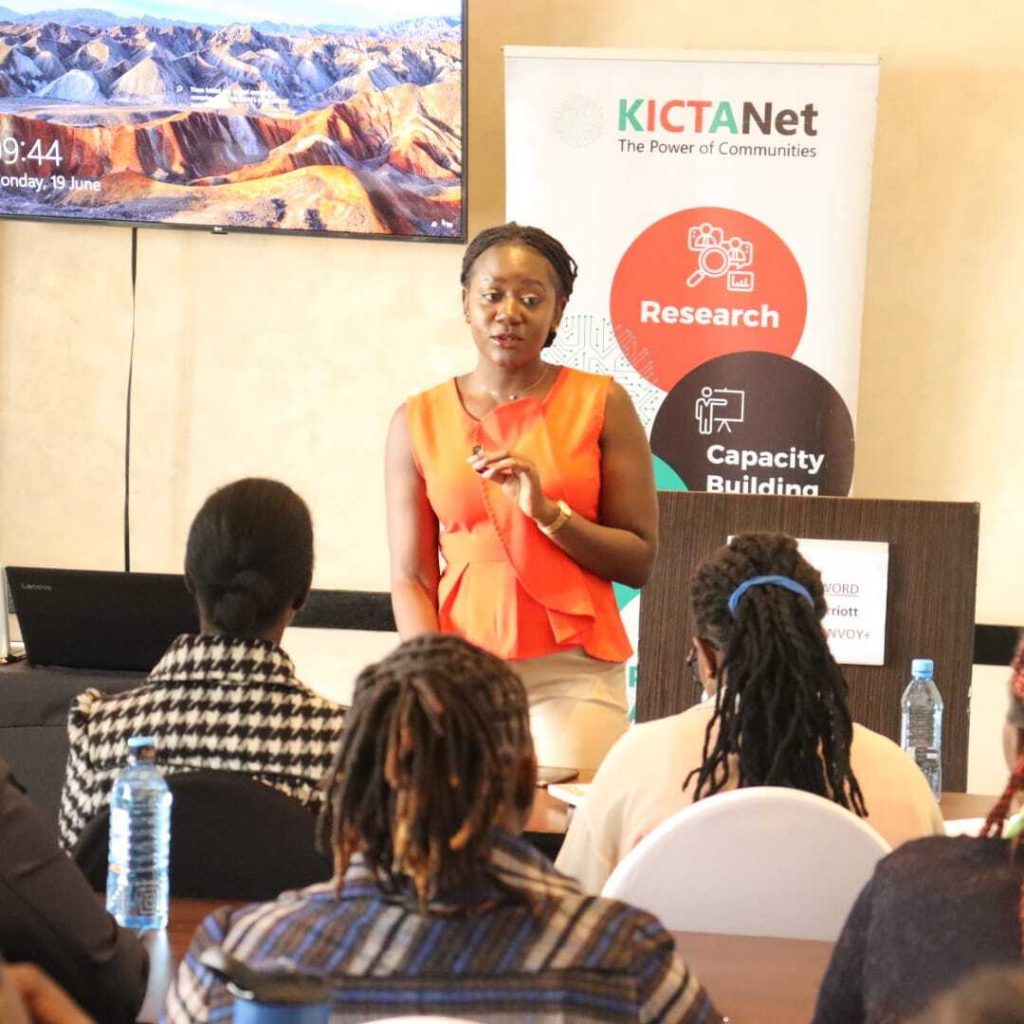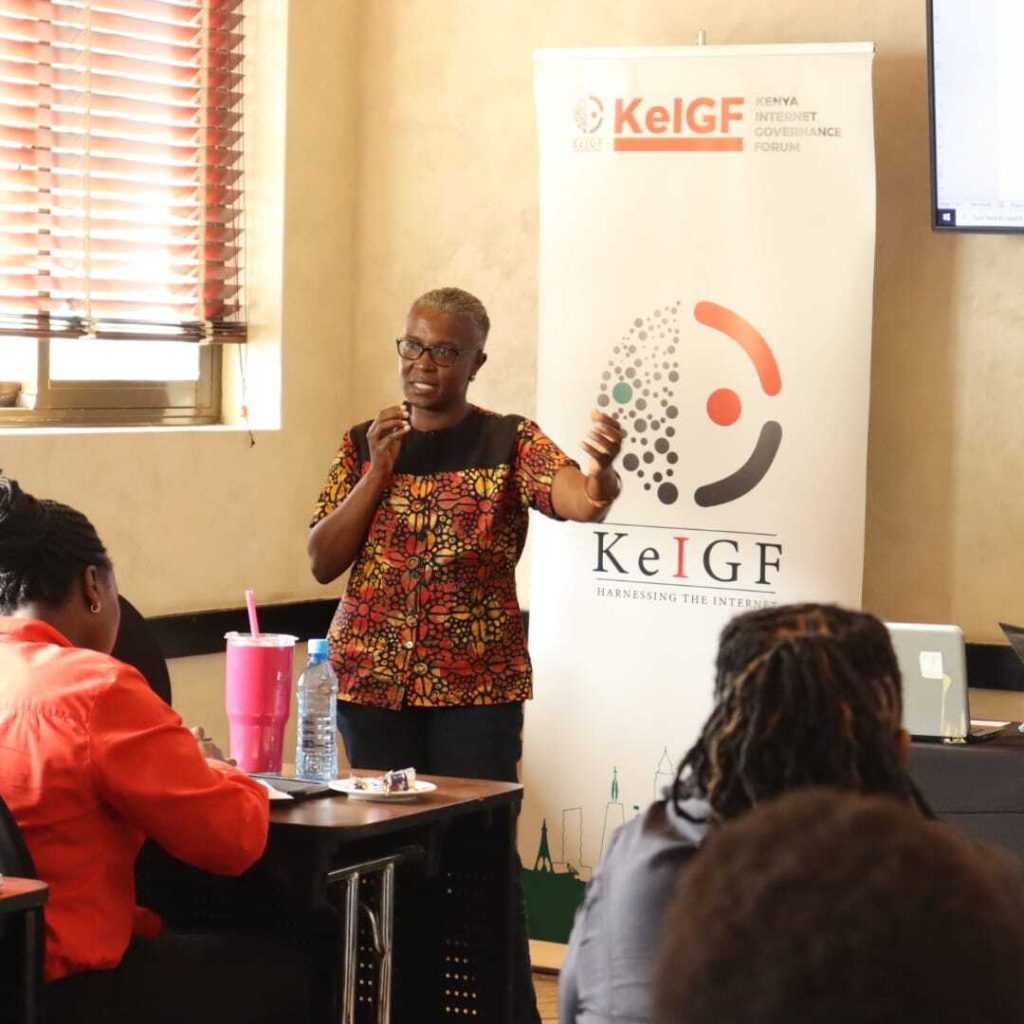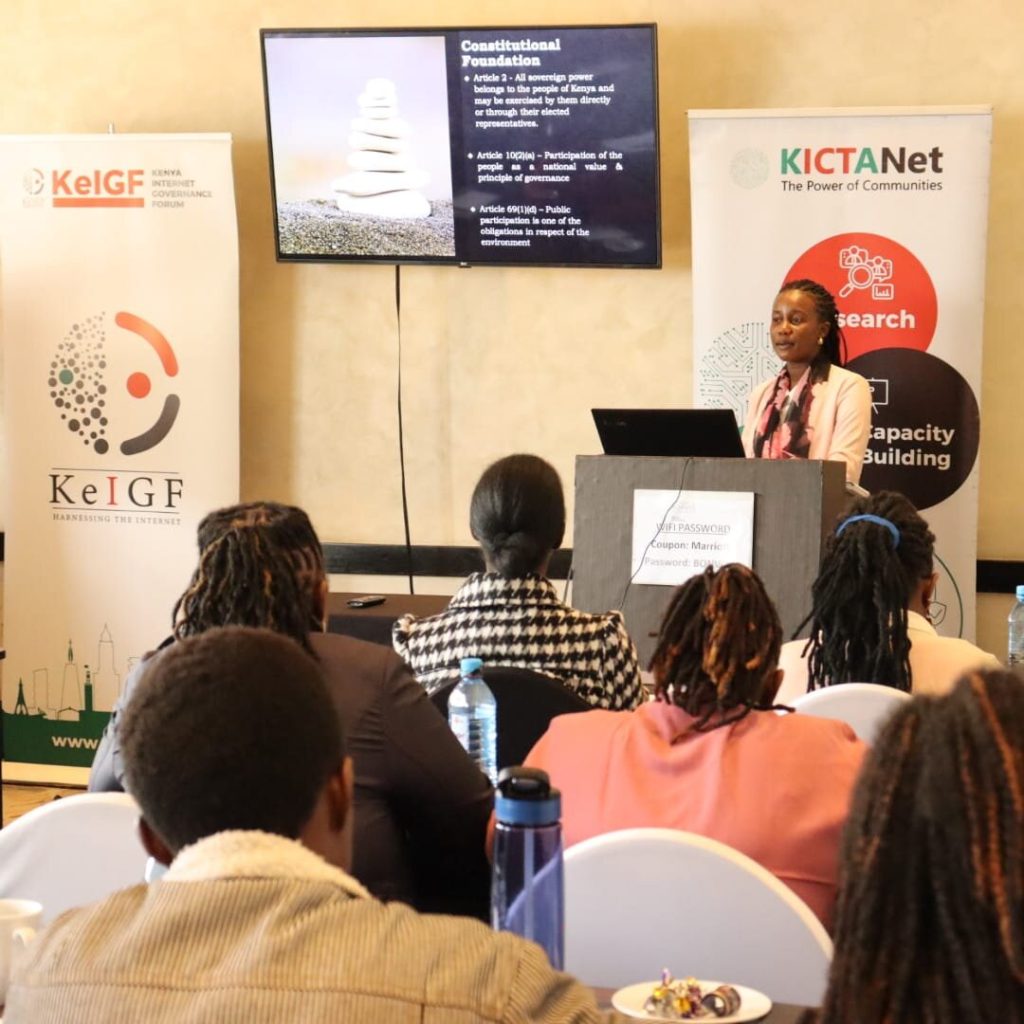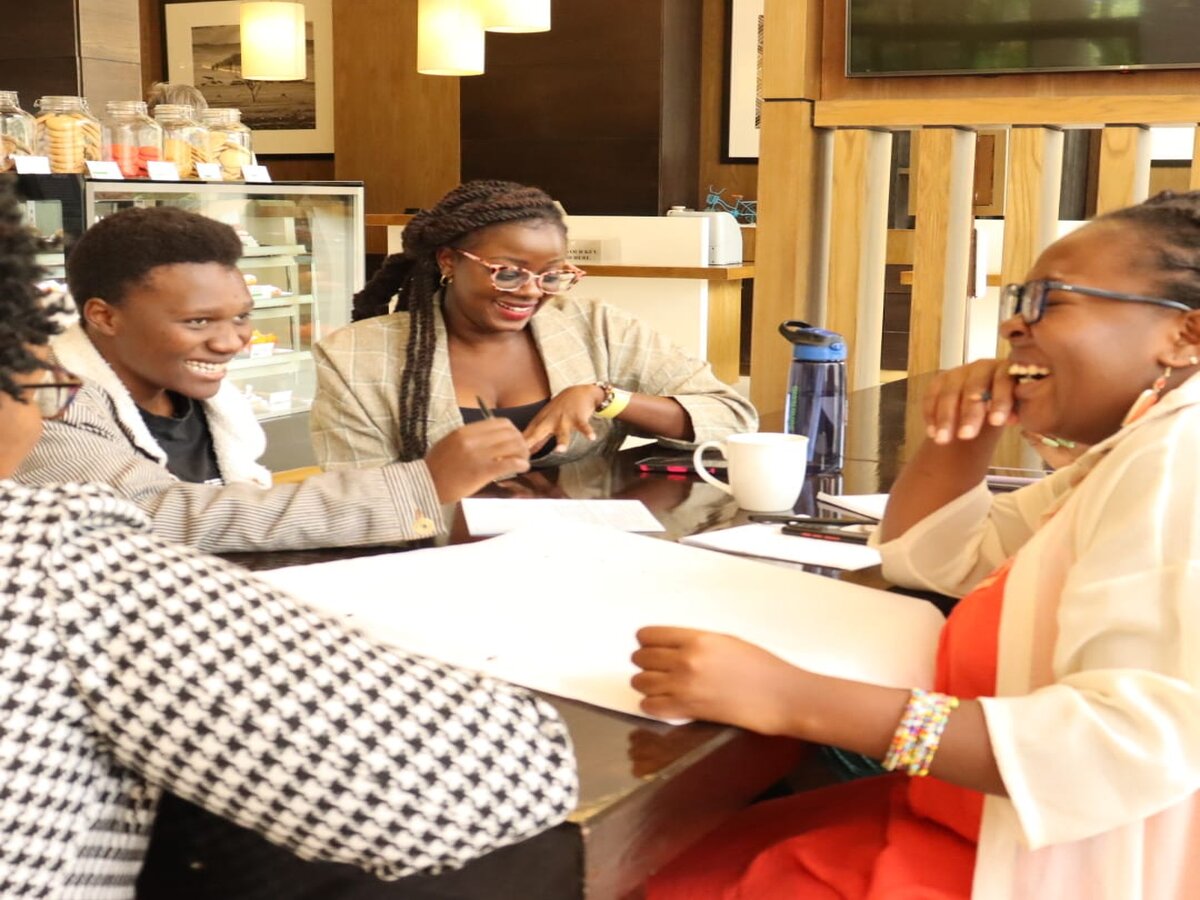In Kenya, as in many other parts of the world, women have historically faced exclusion from decision-making processes. However, with the advent of technology, e-public participation has emerged as a powerful tool to empower women, enabling them to contribute to crucial discussions and influence policy decisions.
We find ourselves as a society in a situation where any hope of achieving Sustainable Development Goals by 2030 or any development goals without the participation of women in the political and public spheres is not feasible. The advent of e-public participation provides new avenues for women to be involved in decision-making.

Kenyan women are often marginalized and underrepresented in decision-making forums, leading to policies and decisions that may not adequately address their needs. Women hold 21.6% of seats in the national parliament and 33.5% of elected seats in the deliberative bodies of local government.
Involving the public in decision-making is time-consuming and costly in terms of time, money, and energy. Right from the planning stages, a lot of time goes into crafting a meaningful process that can effectively engage people and their thoughts.
Meaningful public participation is inclusive, has effective representation as well as the capacity to engage on the part of the Public. – Katua Nduku.
A common challenge in organizing public participation events is inadequate financial and human resources. Sometimes there are capacity challenges when the organizers do not have the engagement skills to administrate a public participation exercise. It is then essential to involve many other players so that public participation becomes collaborative.

Civic tech enables e-public participation to provide another platform for women to engage in discussions and ensure their voices are heard, promoting a more inclusive decision-making process.
How Women with Disability Engage in Public Participation
According to the UN Flagship Report on Disability and Development, there is limited empirical data on the participation and representation of women with disabilities in political leadership roles. The available data also shows “extremely low” levels of representation of women with disabilities in national coordination mechanisms on disability matters. The representation of women with disabilities in the national machinery for gender equality is even lower.
It is estimated that 15% of the world’s population live with some form of disability, and that prevalence is higher among women, as about 1 in 5 women 18 years and older live with one. The average prevalence rate in the female population 18 years and older is 19.2 percent, compared to 12 percent for males, representing about 1 in 5 women.

Grace Githaiga, KICTANet CEO and convenor, talked at a workshop on access to the Internet and public participation for women organized by KICTANet’s Gender Program with support from International Centre for Non-Profit Law (ICNL) during the Kenya Internet Governance (KIGF) Week. She talked about instances where physical and digital public participation of persons with disabilities is thwarted because little thought went into both forms of accessibility.
However, there have been positive developments because some venues are now putting effort into physical accessibility.
I joined day 2 of the Kenya IGF week activities at the training on access to the Internet and public participation for women. We went through how to write petitions to the National, Senate and County assemblies. Now learning the role of CSOs#KeIGF2023 #WomenAndInternetAccess pic.twitter.com/8SMITfMANY
— Awino (@flo_ouma) June 20, 2023
More barriers that prevent women with disability from public participation include negative attitudes, stigma, discrimination, lack of access to assistive technology and rehabilitation, and lack of measures to promote independent living.
The definition of disability, according to the Convention on the Rights of Persons with Disability, is that disability results from the interaction between persons with impairments and attitudinal and environmental barriers that hinders their full and effective participation in society on an equal basis with others.
It becomes a game changer when we realize that inclusive participation can be possible when we interrogate our biases and change our attitudes, particularly in civil society organizations. There is a further need to build capacity in counties on the various legislation that protects the rights of persons with disabilities.
One of the key findings from this two-day workshop was that apart from internet access, civil society organizations need capacity building on the use of technology to enhance their public participation efforts.
KICTANet’s Policy Brief on the Accessibility of Government Websites for Persons with Disability scorecard has some pointers and concrete recommendations on what organizations can do to improve the accessibility of their websites.
KICTANet, in partnership with ICNL, co-hosted a training on women in civil society’s access to the internet and engagement in public participation mechanisms from 19th to 20th June 2023. Dr. Wambui Wamunyu and Lawyer Katua Nduku, Programme Officer at Mzalendo Trust, facilitated the workshop. This event was a build-up to the main events of the Kenya IGF.
![]()




